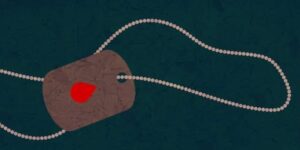SHARE WITH FRIENDS:
Why blood is divided into groups
Blood consists of plasma and cells floating in it - erythrocytes, leukocytes and platelets. There are several hundred antigens — glycoproteins or glycolipids — in the membrane of erythrocytes, and their presence is determined by genetics.
Two antigens are important for the ABO system: A and B. Blood group is determined by their presence or absence.
In addition, depending on the blood group, plasma may contain alpha and beta antibodies. These are protein compounds that act on foreign antigens and can trigger an immune response.
